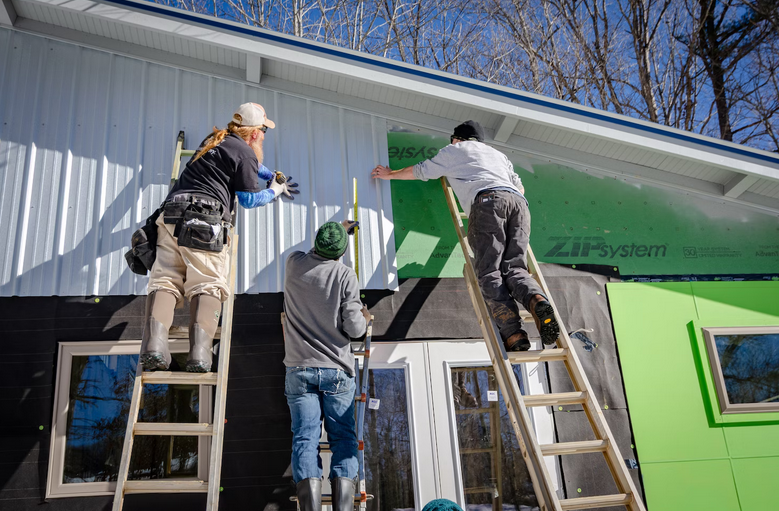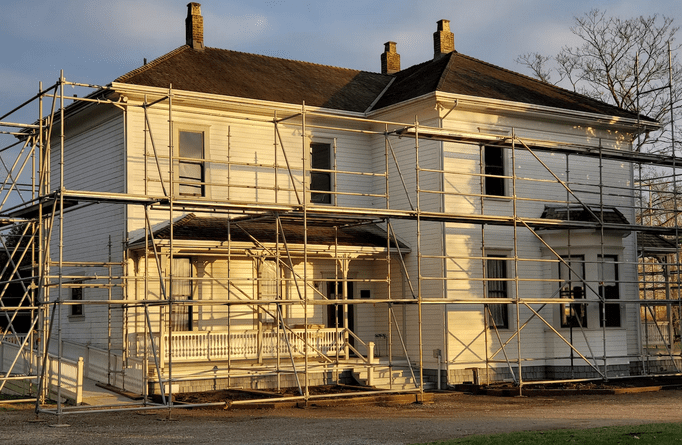4 Things to Avoid When Building a House
Welcome to our blog post on “Things to Avoid When Building a House.” Whether you’re embarking on your dream home construction or adding an extension, it’s important to be aware of potential pitfalls along the way. Building a house is an exciting and fulfilling endeavor, but overlooking key considerations can lead to costly mistakes and regrets down the line. In this article, we’ll explore some common missteps homeowners should avoid when building their perfect abode. So, let’s dive in and ensure your construction journey is smooth sailing from start to finish.
Neglecting Energy Efficiency
When it comes to building a house, one aspect that should never be overlooked is energy efficiency. As explained here at immoportal.com, neglecting this crucial consideration can have long-term consequences for both the environment and your wallet. Failing to prioritize energy efficiency means missing out on potential cost savings through reduced utility bills. A poorly insulated home or inefficient heating and cooling systems will result in wasted energy and higher monthly expenses. By investing in modern insulation materials, high-quality windows, and energy-efficient appliances, you can significantly decrease your household’s energy consumption.
Planning and Designing Poorly

Poor planning and design can lead to many problems when it comes to building a house. One of the biggest mistakes people make is to take the time to consider their needs and wants for their home. This process can result in a layout that doesn’t flow well or meet your family’s specific needs. Another common error in planning and design is failing to account for future growth or changes. It’s important to think ahead and anticipate any potential additions or modifications that may be needed. This will save you from having to undergo costly renovations later on.
Ignoring the Importance of Permits and Regulations
When it comes to building a house, many factors need to be considered. One crucial aspect that should never be overlooked is obtaining the necessary permits and adhering to regulations. Why are permits and regulations so important? Well, they exist for a reason – to ensure the safety and compliance of your construction project. Without proper permits, you may face legal consequences or even have your project shut down. Obtaining permits can be time-consuming and tedious, but it’s an essential step in the building process.
Regulations also play a vital role in ensuring your house meets certain standards. Building codes vary by location and cover areas such as structural integrity, electrical wiring, plumbing systems, fire safety measures, etc. By ignoring permits and regulations during construction, you risk compromising the quality of your house and its value. Additionally, violations can result in fines or require costly modifications later. To avoid these issues altogether, consult with professionals who understand local building codes inside out. They can guide you through the permit application process while ensuring everything is up to standard.
Choosing the Wrong Builder or Contractor

Choosing the wrong builder or contractor can have detrimental effects on your house-building project. It’s essential to do thorough research and consider multiple options before making a decision. One of the biggest mistakes people make is solely focusing on cost when choosing a builder or contractor. While budget is important, it shouldn’t be the sole determining factor. Quality workmanship, reputation, and experience should also be taken into consideration. Another mistake is not checking references and past projects. By talking to previous clients and visiting completed homes, you can get an idea of the builder’s skill level and attention to detail.
Building a house requires careful consideration of various factors from start to finish. Avoiding these common pitfalls will save you time, money, and stress – ensuring your dream home becomes a reality without any regrets along the way! So take your time with each step of the process; don’t rush into anything without doing proper due diligence; seek professional guidance when needed – ultimately creating a home where comfort meets functionality seamlessly. We hope that you have found this blog post helpful.
